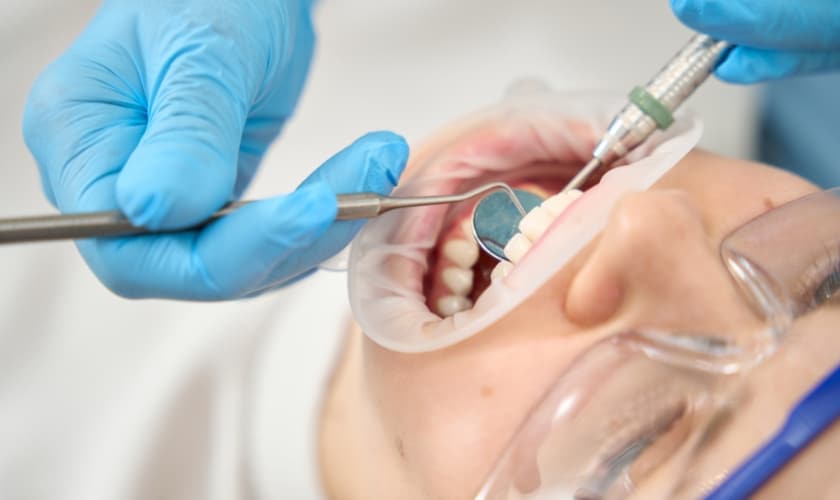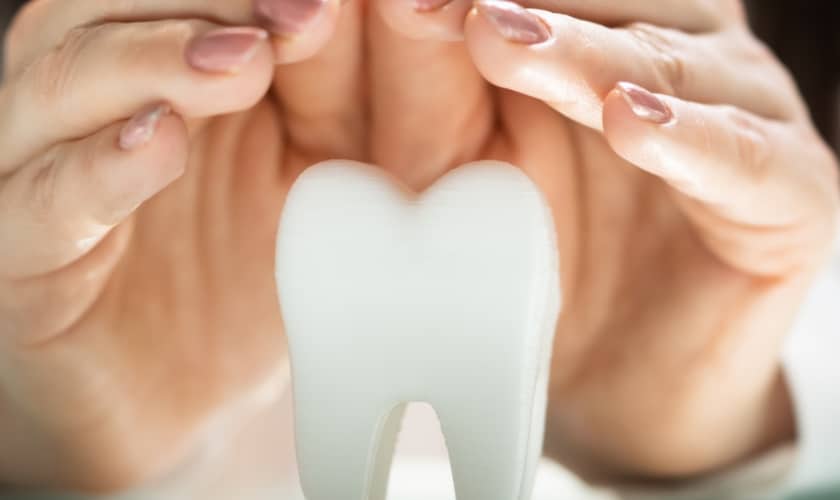Would you rather face a lion in the wild than step inside a dentist’s office? Well, you’re not alone. Dental anxiety is a real thing that affects millions of people worldwide. The fear, unease, and worry accompanying dental visits can make even the bravest among us break out in a cold sweat. But fear not! In this blog post, we’ll dive deep into dental anxiety and provide expert advice from Watford dentists on overcoming it. So grab your toothbrush, and let’s conquer those fears together!
What Is Dental Anxiety?
Imagine this: you’re sitting in the waiting room of a dental clinic, your palms sweating and your heart racing. Just the thought of sitting in that dentist’s chair fills you with dread and anxiety. This is what we call dental anxiety.
Dental anxiety is more than just a case of nerves before a routine check-up or procedure. An overwhelming fear can prevent individuals from seeking necessary dental care. The root causes of dental anxiety can vary from person to person, but common triggers include:
1. Previous Negative Experiences: A past unpleasant encounter at the dentist’s office can impact one’s psyche, making future visits seem incredibly daunting.
2. Fear of Pain: The anticipation or memory of pain associated with certain procedures can cause significant distress for dental anxiety patients.
3. Feeling Helpless or Vulnerable: Sitting reclined in a vulnerable position while someone examines your mouth might trigger feelings of helplessness and vulnerability.
4. Embarrassment: Some people may feel embarrassed about their oral health condition, leading to heightened anxiety levels when visiting the dentist.
5. Loss of Control: Being unable to control what happens during a procedure can contribute to feelings of unease and apprehension.
It’s important to remember that everyone experiences dental anxiety differently; there is no one-size-fits-all approach to managing these fears. However, there are several strategies that a dentist in Watford recommends for overcoming dental anxiety, which we’ll explore further in this article!
Causes Of Dental Anxiety
Dental anxiety is a common issue that affects many people when it comes to visiting the dentist. Understanding the causes of dental anxiety can help us address and overcome this fear.
One possible cause is a previous negative experience at the dentist. If you’ve had a painful or traumatic dental procedure in the past, it’s natural to feel anxious about future visits. The fear of experiencing pain again can be overwhelming.
Another cause of dental anxiety is the fear of needles or injections. Many dental procedures require anesthesia, which involves injections. For individuals with needle phobia, just the thought of getting an injection can trigger intense anxiety.
The unfamiliar environment and clinical smells often associated with dental offices can also contribute to feelings of unease. The sound of drilling and other dental equipment may further heighten anxiety levels for some individuals.
Factors like control issues or general anxiety disorder can also exacerbate dental fears. Feeling like you have no control over what happens during a procedure or worrying excessively about potential complications can intensify your apprehension.
Cultural beliefs and societal influences play a role in shaping our perception of dentistry. Negative portrayals in movies and media often depict dentists as scary figures who inflict pain rather than provide care.
Understanding these causes allows patients and dentists to work together to address dental anxiety effectively. By creating a calm and supportive environment, using relaxation techniques such as deep breathing exercises or listening to soothing music during appointments, communication between patient and dentist becomes essential for building trust and alleviating fears
Tips For Prevention And Treatment Of Dental Anxiety
The important tips for the Prevention and Treatment of Dental Anxiety are mentioned below:
1. Find A Dentist You Feel Comfortable With: One of the most important steps in overcoming dental anxiety is finding one who understands your fears and makes you feel at ease. Look for a dentist in Watford who specializes in treating anxious patients and has a gentle approach.
2. Communicate Your Fears: Don’t be afraid to voice your concerns to your dentist. Tell them about past traumatic experiences or specific triggers that may cause anxiety. Open dialogue allows your dentist to tailor their approach to help alleviate your anxiety.
3. Practice Relaxation Techniques: Before visiting the dentist, practice deep breathing exercises or mindfulness techniques to help calm your nerves. This can help reduce stress levels and promote relaxation during dental procedures.
4. Consider Sedation Options: Sometimes, sedation dentistry may be recommended for individuals with severe dental anxiety. This involves using medication to help relax and calm patients during their treatment.
5. Take Breaks If Needed: If you start feeling overwhelmed during a dental procedure, don’t hesitate to ask for breaks as needed. Your comfort should always be prioritized; taking short breaks can give you time to regroup before continuing.
6. Celebrate Small Victories: Overcoming dental anxiety is not an overnight process; remember to celebrate small victories along the way! Each successful visit without excessive fear or discomfort is progress towards conquering your anxieties.
Remember, it’s never too late to address dental anxiety and take control of your oral health needs! You can confidently overcome dental anxiety one step at a time with proper support from a compassionate Watford dentist combined with these tips.
Dental anxiety is a common issue that many people face when it comes to visiting the dentist. Various factors, such as past traumatic experiences, fear of pain or needles, and feelings of helplessness, can cause it. However, several strategies can help individuals overcome their dental anxiety and have a positive experience at the dentist in Watford.
By following these tips and seeking support from knowledgeable professionals, you can overcome dental anxiety and maintain good oral health without unnecessary stress or discomfort. Remember, taking care of your teeth should never be something to fear but rather an opportunity for improved well-being.





